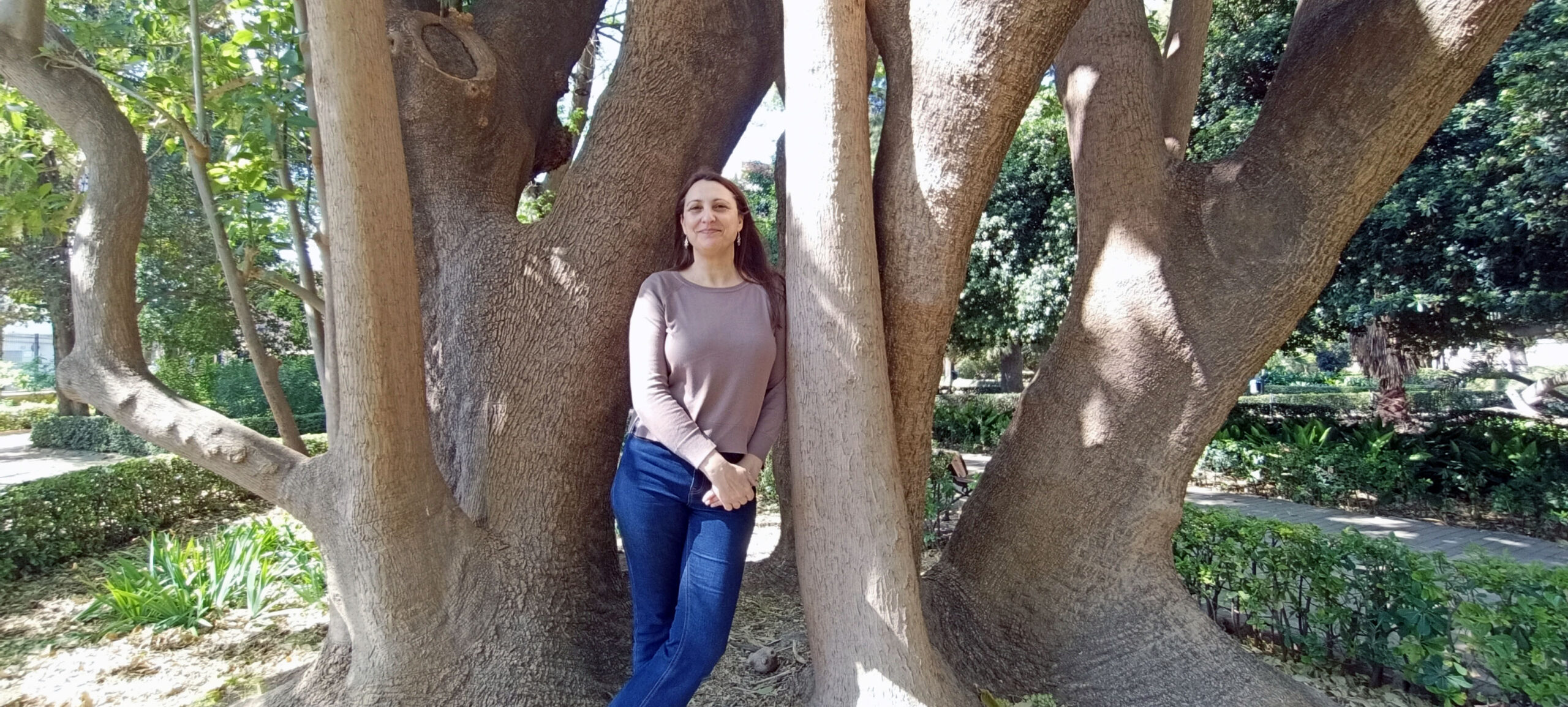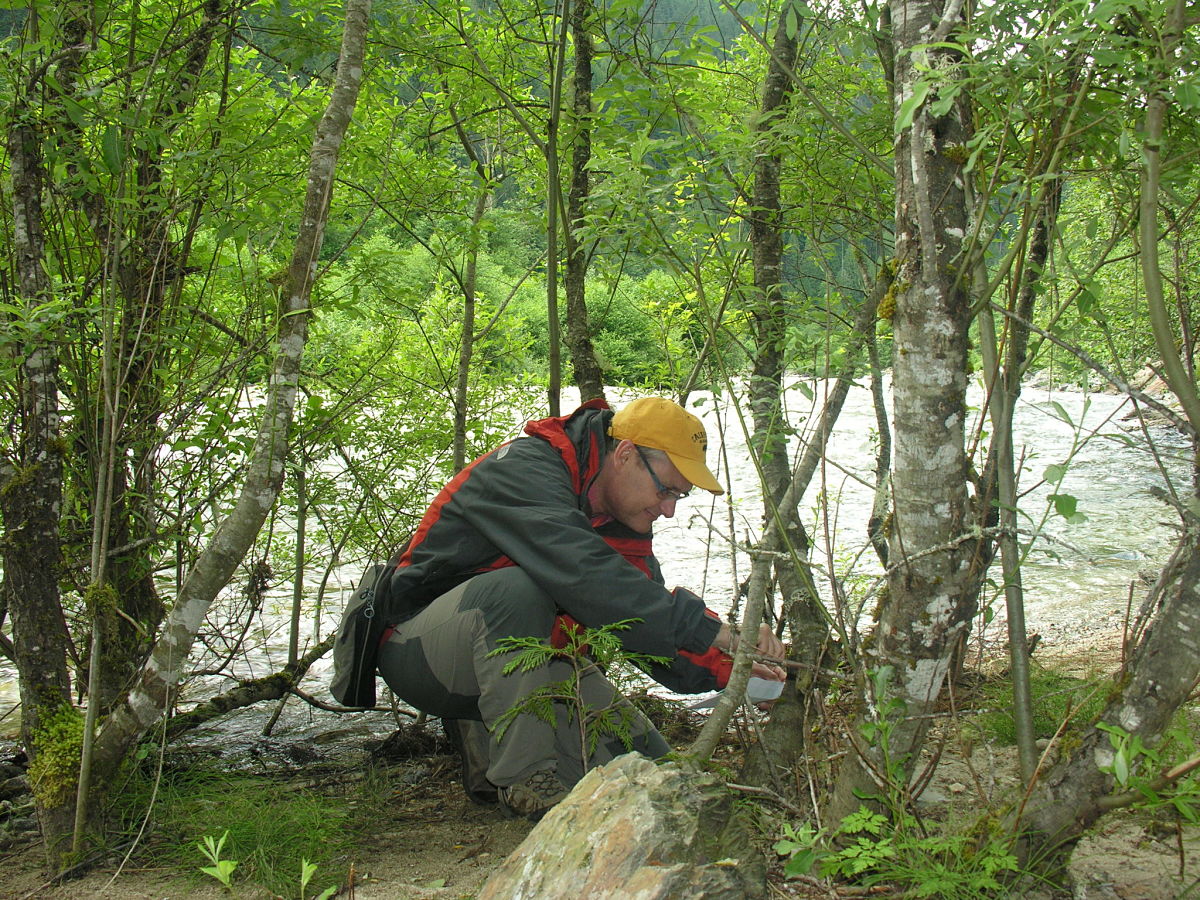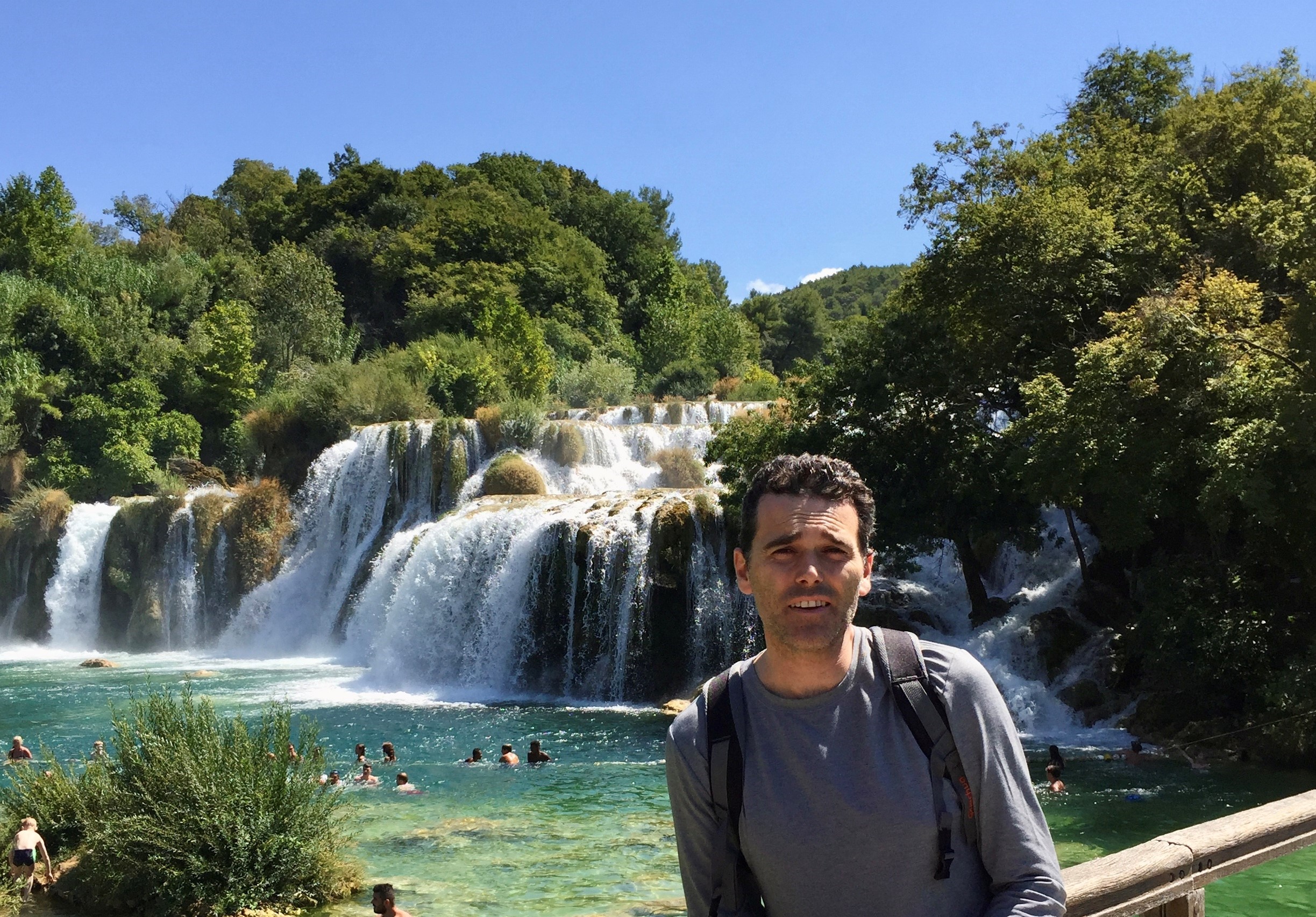Botanist of the month: Miguel Guara
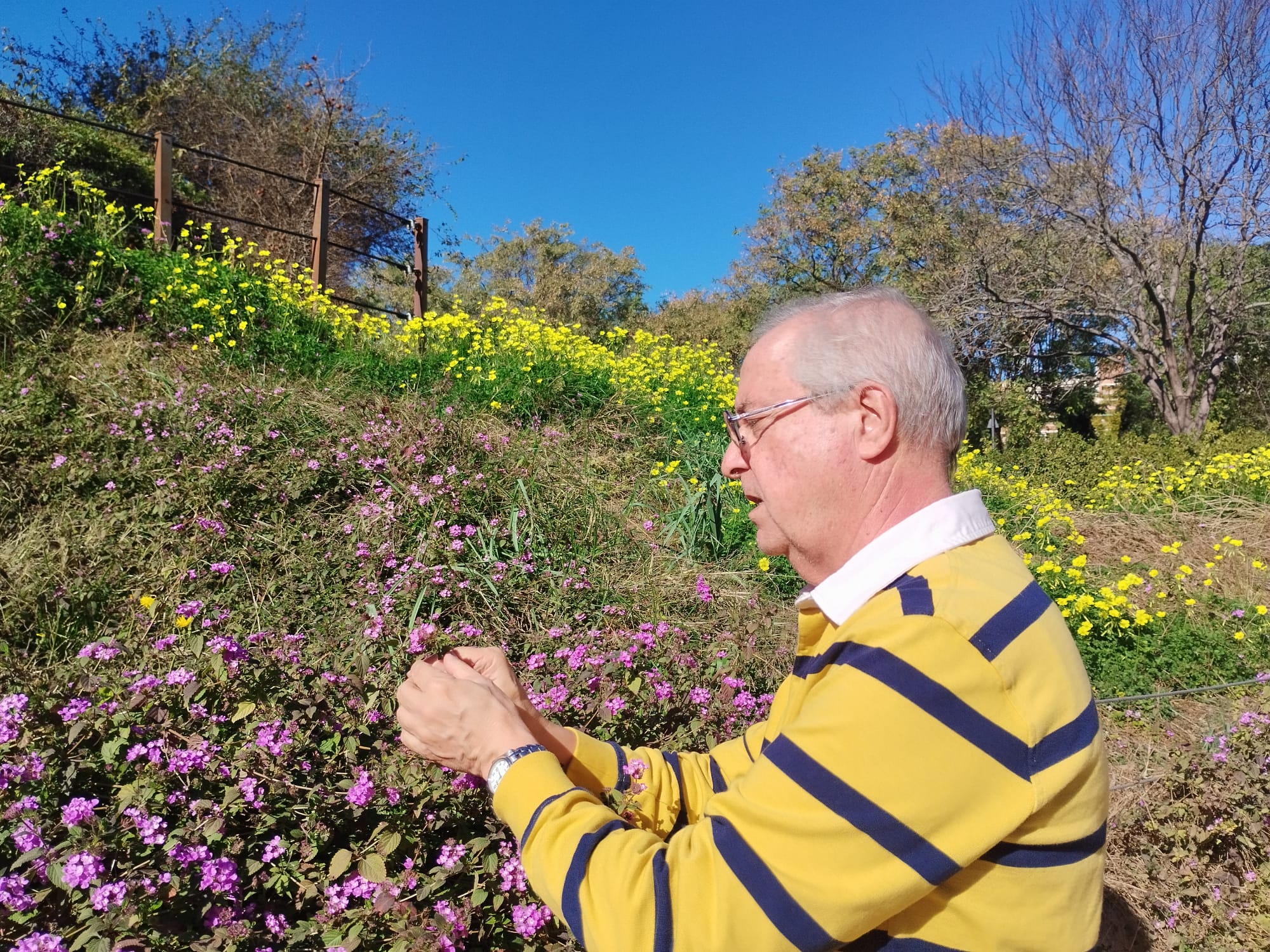
This week in Espores we talk to Miguel Guara, full professor at the University of Valencia assigned to the Department of Botany and Geology. Miguel shares with us his fascination for biology, a passion that has accompanied him since childhood; he talks about his long teaching and research career, his experiences travelling to many countries and encourages future generations of biologists to embrace the passion for botany.
What attracted you to Botany?
The world of living things has always fascinated me. Since I was a child I have been attracted to all kinds of documentaries and news related to biology. The relationships among living things and their ways of life, and how they affect us. Surely, my love for Botany is an influence of my mother, she liked all the plants she saw; she kept a small varied garden on the terrace of our home in the Venezuelan tropics. When I was studying high school, I understood that without plants we could not live, they were the basis for the maintenance of the rest. But, the decision to study Botany was made during the first days of the fourth year of my degree in 1977. In those days, not all subjects started at the same time and I often had to attend as a listener while the various bureaucratic procedures related to enrolment were being sorted out. After attending some classes in the Zoology speciality, I finally decided to take Botany.

Could you summarise your professional career?
My professional career is quite long, with a very strong teaching component. I started as a Practical Class Assistant in February 1980, to become a Collaborating Professor in 1987 and then an Assistant Lecturer in L.R.O. until achieving the current status of Full Professor at the University in 1992. I am assigned to the Department of Botany and Geology at the University of Valencia, with an uninterrupted link for more than forty-three years, having taught in the Biology degree until the entry into force of the European Higher Education Area (Bologna) framework, going on to teach in the degrees of Biology, Biochemistry and Biomedical Sciences, Biotechnology, Environmental Sciences or Pharmacy, as well as in the University Master’s Degree in Applied Palaeontology since its beginnings. From January 2014 to May 2017, I was director of the University Master’s Degree in Biodiversity: Conservation and Evolution in which, in addition to teaching, I was responsible for the subject “External Practices”; until last year I was co-director of the Master’s Degree in Pest Control and Management of the University of Valencia since its launch in the 2014-15 academic year. Previously, I was secretary of the department from October 2002 to February 2007 and later, director of the Botany department for more than 6 years (February 2007 to March 2013). I am currently a member of the Academic Committee of the University Master’s Degree in Biodiversity: Conservation and Evolution, and of the Academic Committee of the PhD Programme in Biodiversity and Evolutionary Biology.

My research covers different aspects related to taxonomy and ecology of vascular plants, as well as conservation biology. For some years I have been working on species of the genus Limonium (Plumbaginaceae) with Dr. Ana Caperta from the University of Lisbon and on ecological aspects of entomofauna (pests) in forests (pine forests, holm oak forests) or pollinators of extensive crops (melon) with Dr. Jesús Selfa from the Zoology department of our university. I am currently co-directing two doctoral theses with colleagues from Ecuador and very recently I have embarked on a new project related to the ethnobotany of the flora of Gran Canaria, together with my departmental colleague Dr. Gerardo Stübing. In these lines, I have applied my knowledge in sampling techniques, as well as in the analysis of data using different multivariate statistical methods, for which I obtained my degree in Numerical Taxonomy in August 1992, and phylogenetic analysis. I have participated in research projects funded by the Ministry of Education and Science (4) or the Generalitat Valenciana (10), I have published more than 80 scientific articles in national and international journals, presented 95 communications to conferences; I have directed seven master’s degree theses and five doctoral theses, as well as nine other research projects (bachelor’s degree theses, final degree projects). At present, I have been awarded three six-year research fellowships.
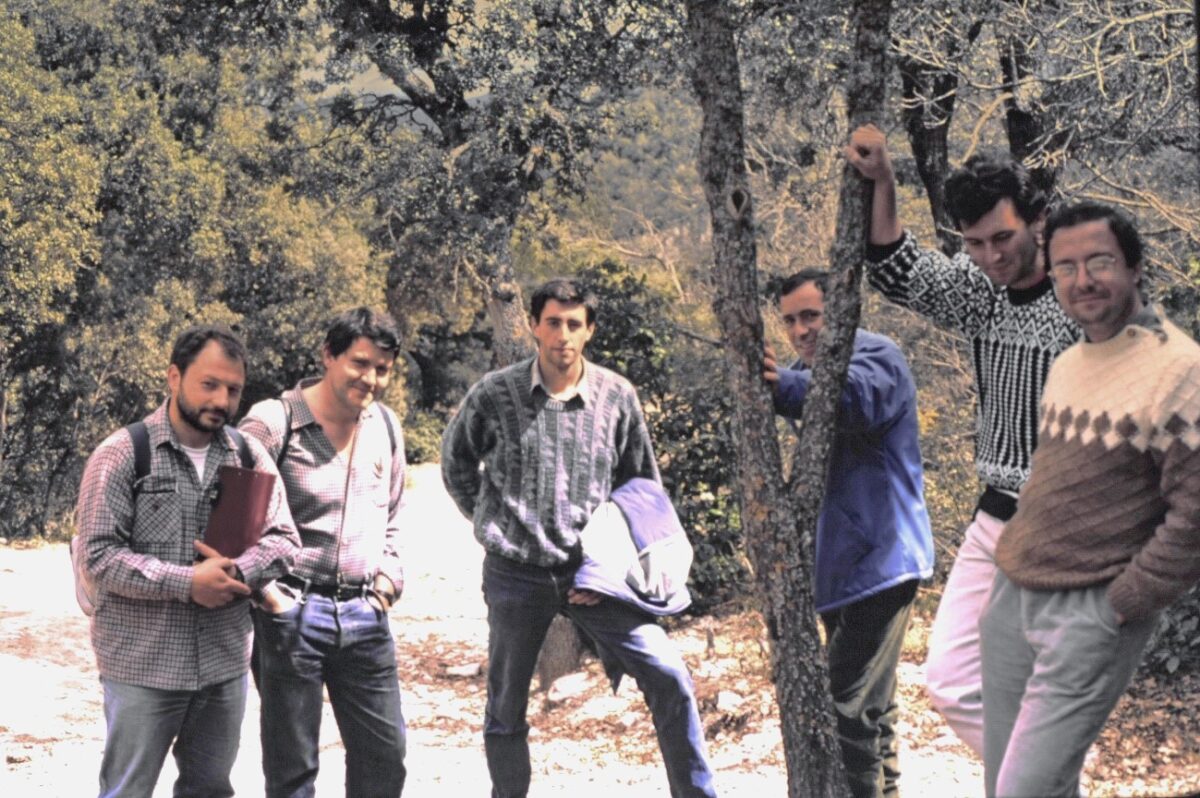
I have been part of different commissions for the recruitment of teaching and service staff by appointment of the University of Valencia, as well as a member of different commissions of the Faculty of Biological Sciences of the same university throughout this time, where I have been an elected member of the Board of the Centre during the academic year 2016-17. Since last year I have started a trade union work and I am a member of the PDI (Research Teaching Staff) Board of the university.
What does your work consist of?
My work consists of all the activities I have mentioned: teaching, research and academic. I divide them up according to the requirements of the week; it is really difficult to organise the time for each of them, because on many occasions they coincide and the schedule can be complicated. In any case, I apply the following criteria: first teaching, then academic work, and finally, research. In particular, I try to concentrate my classes in the first term in order to have more time during the second term for other activities, especially research.

Which is your speciallity? What interested you about this field of study?
I do not consider myself a specialist in any facet of Botany, because I like any subject related to the plant world. But my preference is in different phenological, chorological and ecological aspects of vascular plants.
Are you proud to have been involved in a particular project?
Of course! All the ones I have participated in. I have fond memories of my trips to Armenia and Egypt, as well as to Turkey, France, Italy, Portugal and Spain to collect samples. I have been able to meet many people, not all from the academic world, and new places where I have found myself in risky situations due to the geopolitical conditions of the countries visited.

Tell us what projects you are working on right now
I am currently co-directing two doctoral theses with colleagues from Ecuador: one related to teak (Tectona grandis L. hilo.) together with Dr. Danilo Vera (National Institute of Agricultural Research -INIAP-) and another one related to productivity and vegetation changes in the Yasuní Biosphere Reserve in western Amazonia with Dr. Renato València (Pontifical Catholic University -PUCE-). Very recently I have embarked on a new project related to the ethnobotany of the flora of Gran Canaria, together with my departmental colleague Dr. Gerardo Stübing.
How do you think your work has changed over the years?
Depending on how you look at it. In my opinion, it is not the work that has changed, but how it is done and how it is configured. From the teaching point of view, the changes are due to the implementation of the premises of the “Bologna model”, which has had repercussions on the length of the degrees. Clearly, there has been a great improvement in the hours dedicated to practical sessions, other activities have been incorporated (readings, lectures) or aspects of transversality between subjects. An interesting issue, which has represented a substantial improvement, is the accessibility of bibliographic databases, repositories and other sources of information that are of great help, both in teaching and in research. However, bureaucracy has grown considerably, being more of an impediment than a benefit.

What is the most unpleasant part of your job and the most rewarding?
I like my job, but I don’t think there is anything unpleasant about it. What bothers me is that there is no pre-established timetable, no clear working day in which the times for the different activities in which you are involved are quantified. On the same day you can have a class at nine in the morning or at seven in the evening; meetings are interspersed between classes or some research phase has to be carried out in the available gaps.
It is gratifying to see how the students progress, move on from one course to the next and achieve the goal they had set for themselves. At the end of this journey, they understand that academic life is different from working and professional life. When you meet former students over the years, their anecdotes are very interesting.
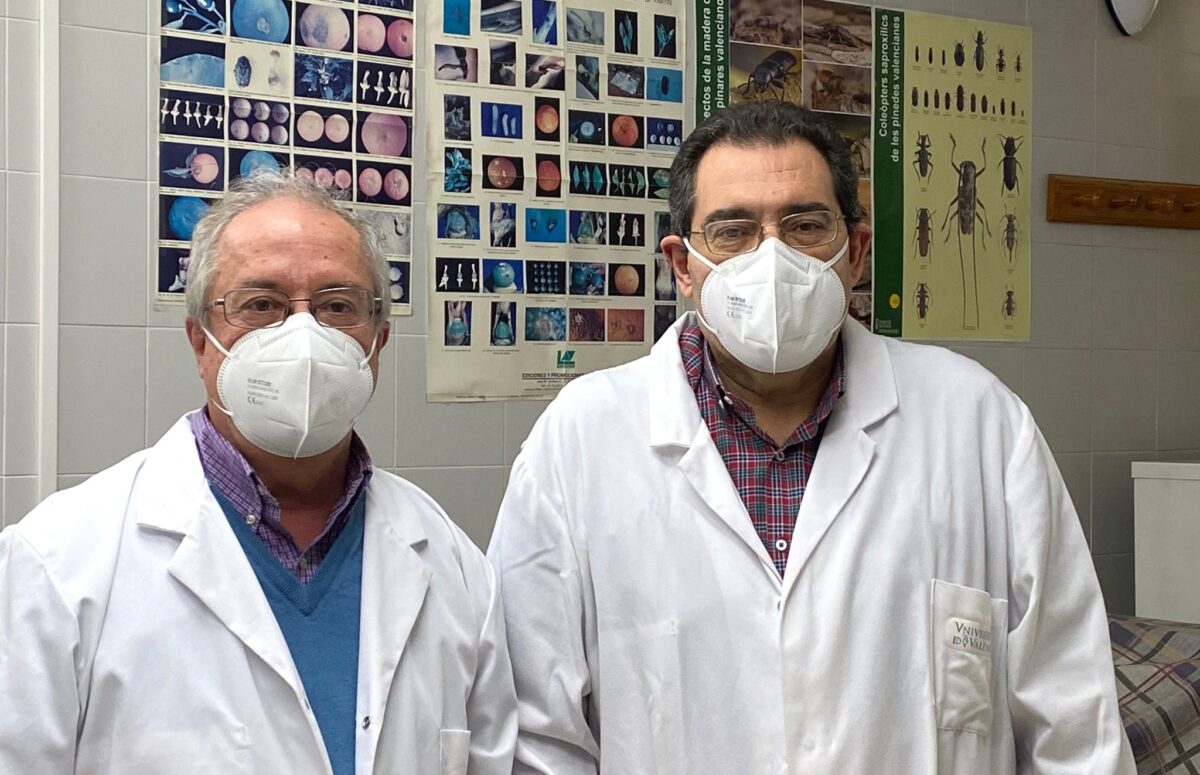
How do you assess the employment situation in this sector?
In my opinion, there is still a gap between those who provide university education and what companies require of their professionals in the world of work. We cannot think that we need botanists, zoologists, biologists, environmentalists, but rather people capable of adapting to a specific job in private or public companies. With very rare exceptions, botanists will work as botanists.
Do you think your work allows you to learn about topics unrelated to Botany?
Yes, of course. Plants in the broad sense, are part of our lives and so they intervene in many aspects in a more or less direct way, from food to construction, or from ascetic vision to therapeutics. In particular, I have learned about pest processes by working alongside entomologist colleagues, but I have also learned to understand the implications of forest fires. In both cases one can detect how the politics of management and the urban-rural duality of these problems influence them.
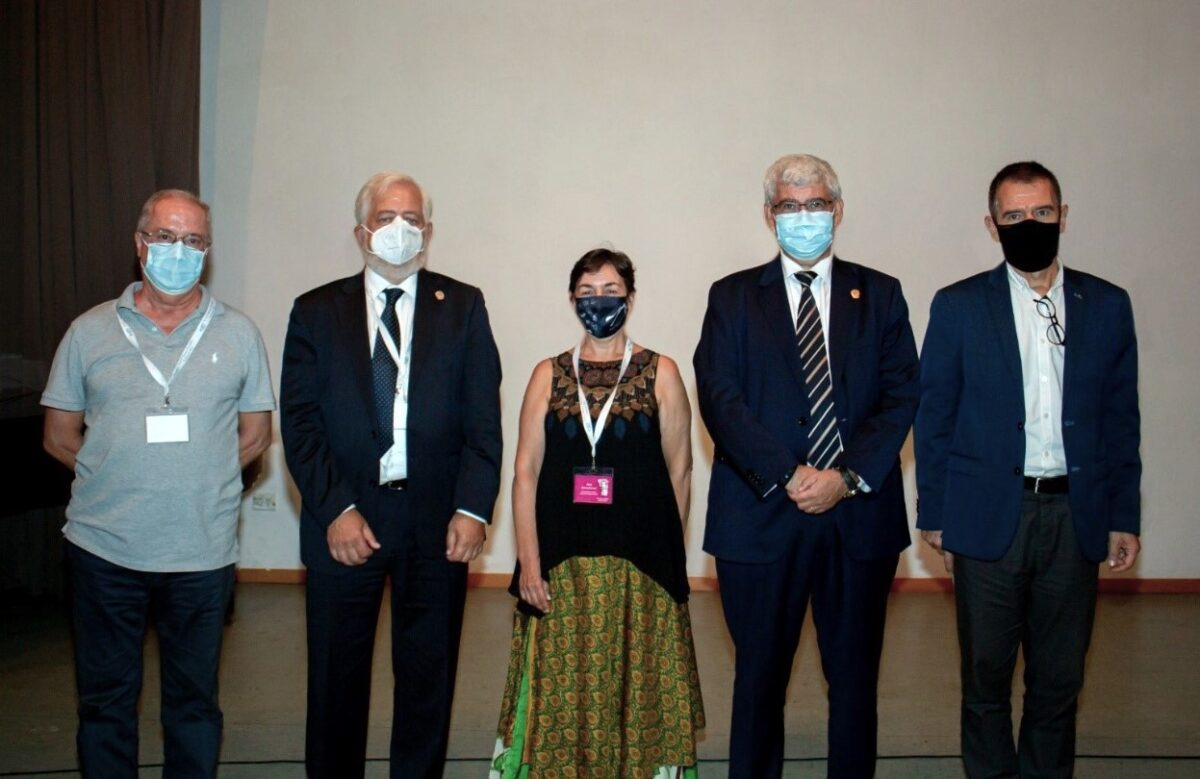
Have you met interesting people through your work?
Of course. From my early years I remember Oriol de Bolòs, Pedro Montserrat and Francisco Ruíz de la Torre with special affection, because whenever I spoke to them they always gave me insights into plants and their adaptations; I also remember Ramón Margalef. Of course, the memory of José Mansanet Mansanet comes to my mind from time to time. During my stay at the University of Reading in England, I had the opportunity to speak many times with Stephen Jury, David Moore or Vernon Heywood. On my visit to Armenia I met Eleonora (daughter-in-law) Gabrielian who told me about her exploratory travels in East Africa and the Indian Islands. I leave out many others, but I will always remember my mentor for many years, Rafael Currás Cayón, whom I will miss.
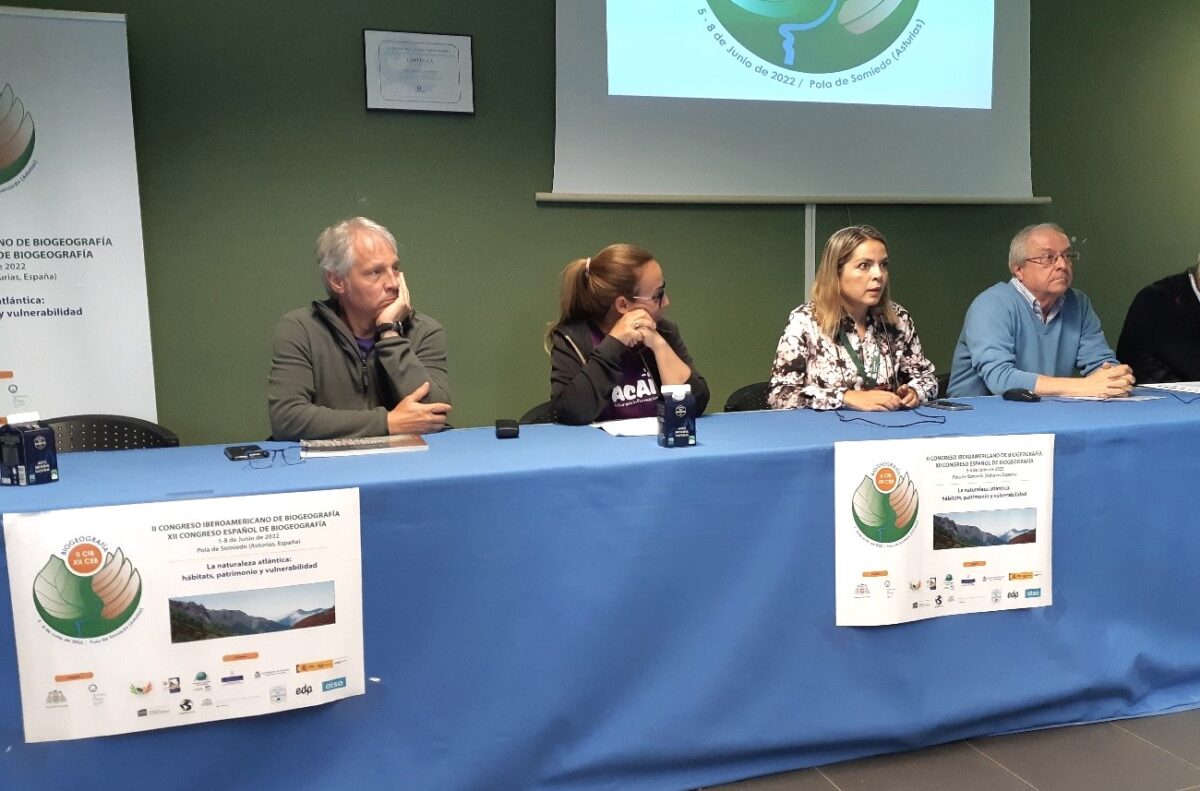
What is important about teaching nowadays?
I think that the important thing about being a teacher has always been, and today more than ever, humility in transmitting the different knowledge that has been amassed throughout life. The teacher does not know everything, but has a position in the face of his or her lack of knowledge that empowers them to continue their own training and how to pass it on. A teacher is the person who helps the learner to follow a training path over a period of time, so that they can follow their own path.
How would you encourage current biology students to pursue the same career as you? What do they need?
It is difficult to write down a recipe on this subject; I think there is none. In particular, if you show passion for your work, that is the best way to encourage future generations of biologists. There is a need for more interdisciplinarity in botanical training; today, molecular thinking is increasingly dominant and the view of the organism is being relegated to the background.
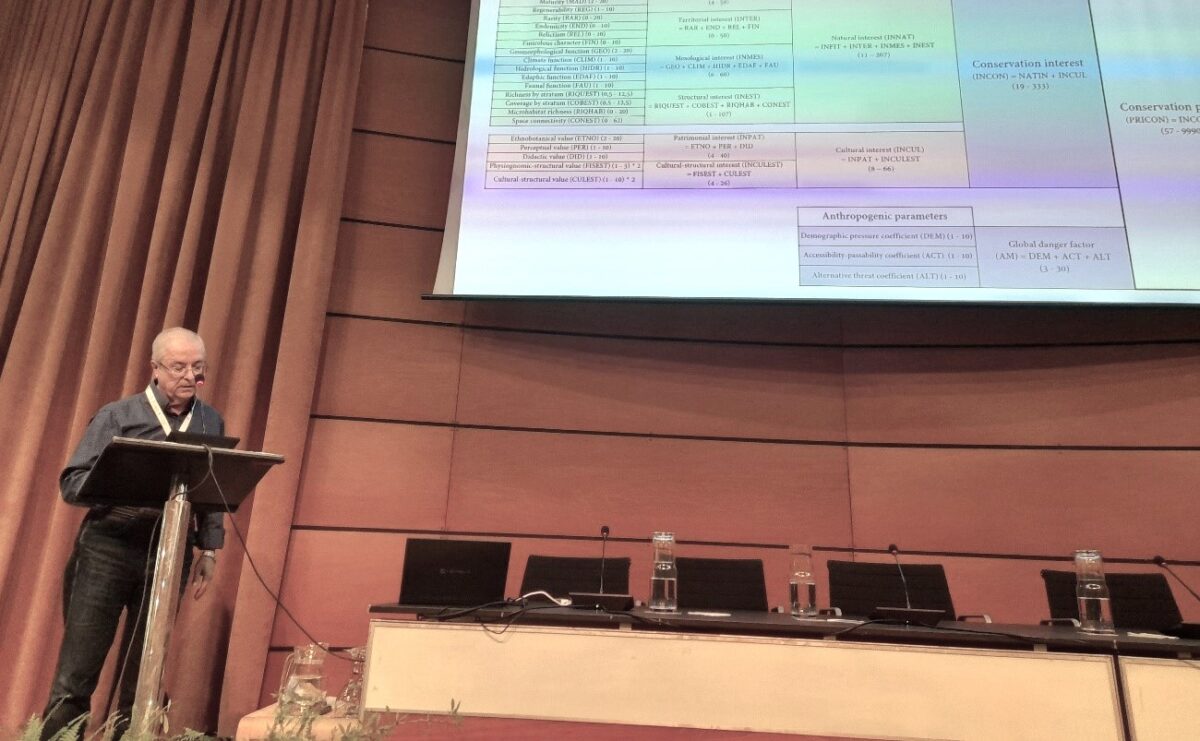
What tools do you need for your work?
From a teaching point of view, bibliographic resources accessible from the Internet are essential, just as they are for research, which means that without a computer you are doomed. Obviously, a proper laboratory, which is achieved with a lot of luck, effort and years of work, is a must.
Which is the basic skill for your work?
Patience and order, even if sometimes it seems that you do not have it.
How do you imagine future botanists?
I imagine them with different applications in a mobile unit controlled by artificial intelligence, which will inform them about taxonomic problems, possible uses and unknown aspects. Very Star Trek-like.
What is the first thing you do when you get to your office / lab? And the last thing?
It is an acquired routine, as soon as I arrive I switch on my computer to answer the emails that have come in during the previous night. And of course, at the end of the day, I switch off my computer.
Do you work alone or in a team? How does it work like this?
Teamwork; it is more formative, efficient and productive.






